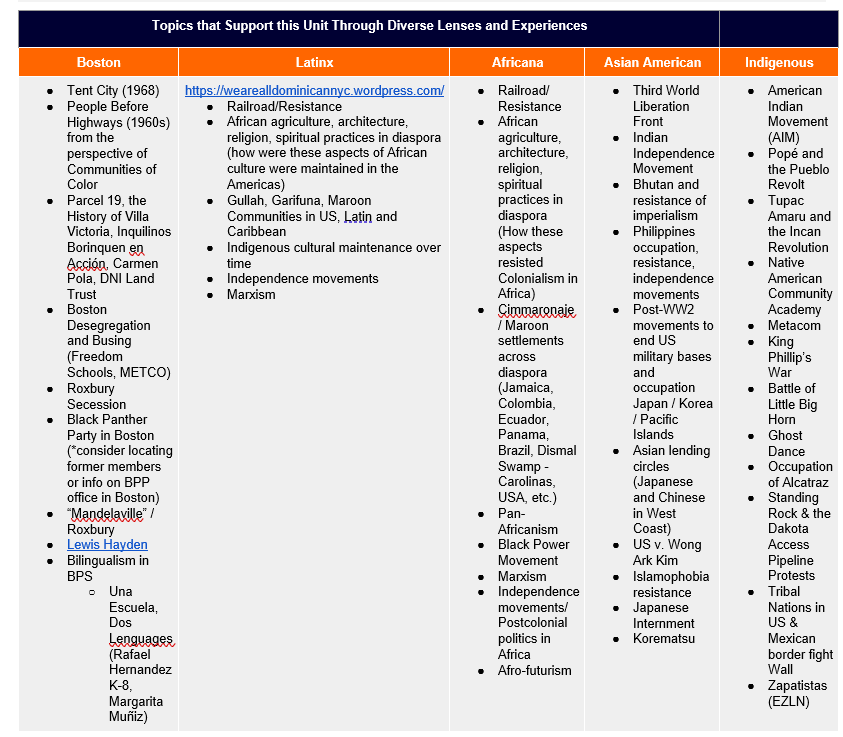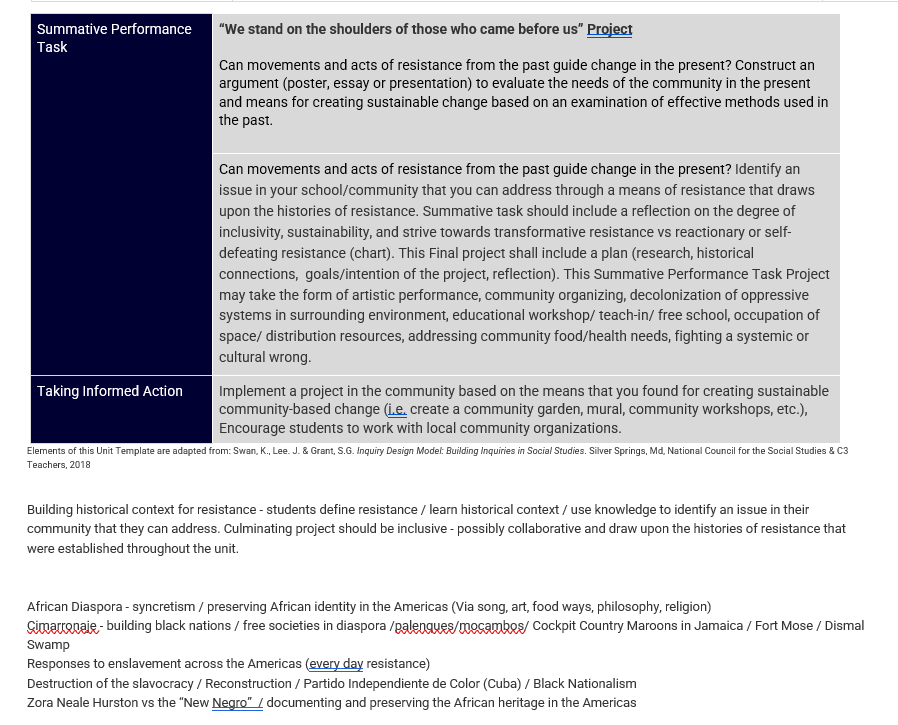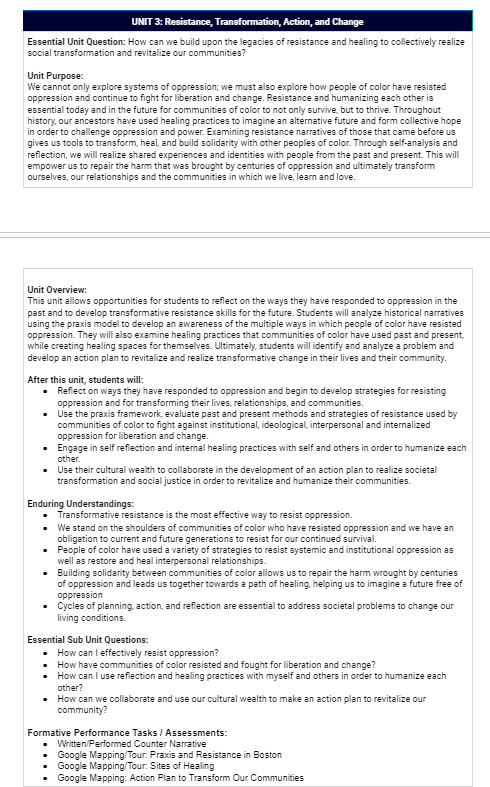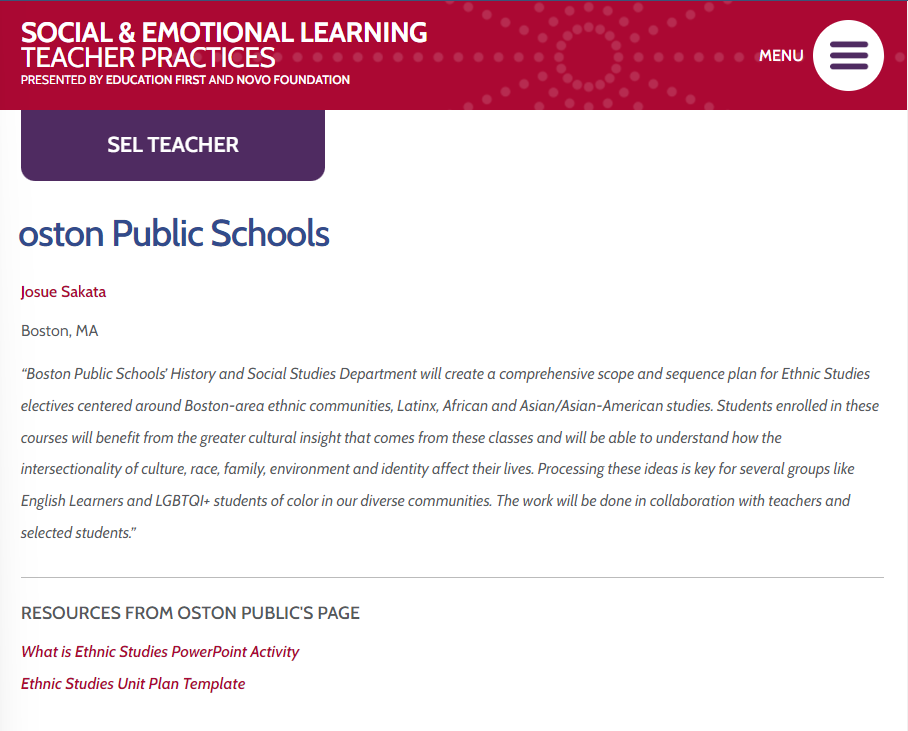
Boston Public Schools’ Ethnic Studies unit features Marxism and decolonization, requires students to engage in activism
Incidents
Boston Public Schools’ ethnic studies curriculum features a unit titled “Resistance, Transformation, Action, and Change” that features topics such as Marxism and Postcolonialism and includes a summative project that requires student activism such as the “decolonization of oppressive systems in surrounding environment [sic].”
Other topics covered in the unit include the Black Panther Party, the Third World Liberation Front, the Zapatistas (EZLN), the Young Lord’s Party, the Farabundo Marti National Liberation Front (FMLN), and the Cuban Revolution.

The unit’s “Summative Performance Task” project requires students to “Construct an argument (poster, essay or presentation) to evaluate the needs of the community in the present and means for creating sustainable change based on an examination of effective methods used in the past.” The project also includes a “Taking Informed Action” portion that states that students are to “Implement a project in the community based on the means that you found for creating sustainable community-based change.”
The document states that the project “may take the form of artistic performance, community organizing, decolonization of oppressive systems in surrounding environment, educational workshop/ teach-in/ free school, occupation of space/ distribution resources, addressing community food/health needs.”

According to the course description, the unit’s essential question asks how students can ” build upon the legacies of resistance and healing to collectively realize social transformation and revitalize” their communities. The purpose of the unit states that students “cannot only explore systems of oppression,” they must also “explore how people of color have resisted oppression and continue to fight for liberation and change.” It continues: “Examining resistance narratives of those that came before us gives us tools to transform, heal, and build solidarity with other peoples of color.”
Students are to be left with “understandings” including “Transformative resistance is the most effective way to resist oppression” and “Cycles of planning, action, and reflection are essential to address societal problems to change our living conditions.”

(There is a typo in the image below. The B is missing in Boston.)

In 2018, the school district received a $25,000 grant from the NoVo Foundation as part of the Social Emotional Learning Innovation Fund to aid in the creation of the district’s ethnic studies scope and sequence plan.
Stay Informed
